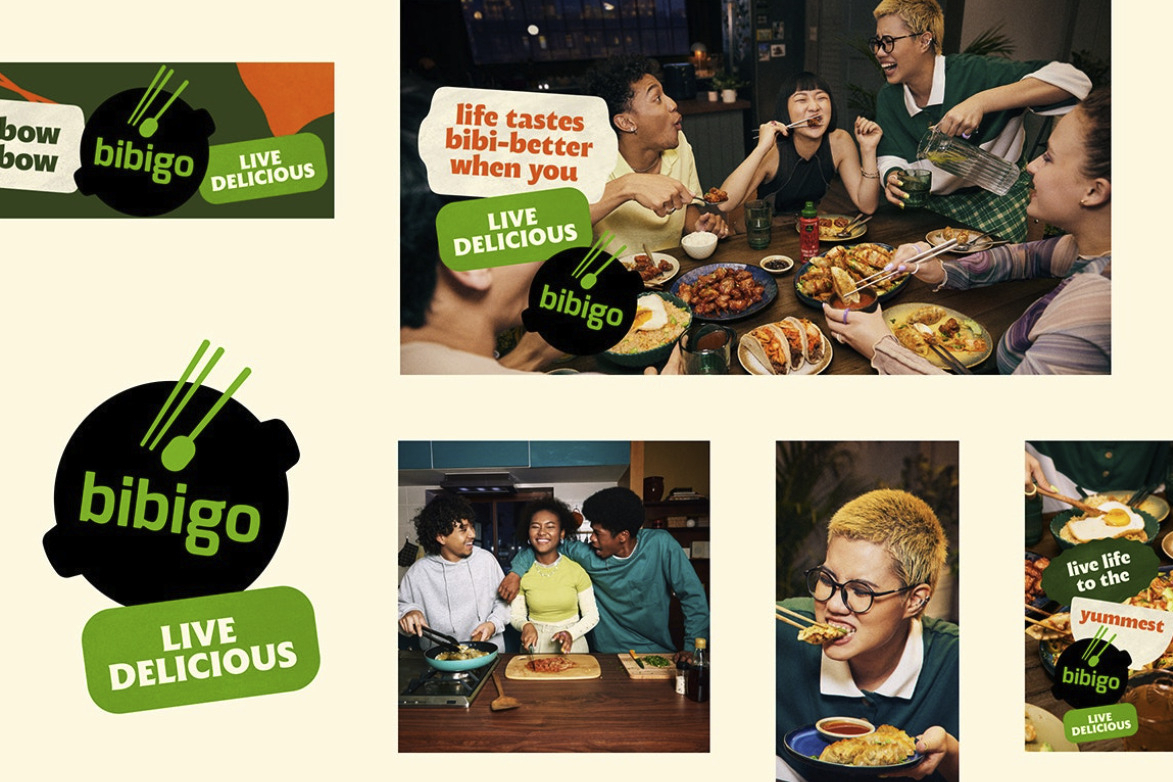Reflecting on bumper year for K-food
Food makers expanding aggressively overseas amid saturation at home
By Kim Hae-yeonPublished : Jan. 1, 2024 - 14:27

South Korea posted a new record high in food exports last year, driven by the steadily increasing global interest in Korean culture and strategic initiatives by food companies who have rigorously promoted their products overseas.
The total export value of agricultural and food products reached $9 billion by the end of the third week of December, according to the Ministry of Agriculture, Food and Rural Affairs. This marks a 3 percent increase compared to the same period in 2022, setting a new all-time high.
Ramyeon, or Korean instant noodles, recorded the biggest 24.7 percent growth in exports to $938.3 million, becoming the nation’s top export food item. Exports of strawberries and rice surged more than 20 percent to $73.1 million and $213.2 million, respectively, while kimchi, the Korean staple, saw a 10.3 percent increase to $153.2 million.
“Amid the saturated market at home, big food companies have been aggressively expanding into overseas markets, especially since the end of the COVID-19 pandemic in late 2022,” said Moon Jung-hoon, head of the Food Business Lab at Seoul National University.
Undoubtedly, ramyeon had its best year yet, driving up K-food exports overall.
Operating profit at the nation's top ramyeon maker, Nongshim, more than doubled to 55.6 billion won ($42.9 million) in the third quarter of 2023 compared to a year ago. Its overseas subsidiaries, including the US and China unit heavyweights, posted more than 20 billion won in operating profit.
Sales of the flagship Shin Ramyun, the bestselling ramyeon here, showed robust growth, with overseas sales continuing to outpace those at home since 2021.
"A continuous upswing in the sales growth of Shin Ramyun within major US grocery chains is seen post-pandemic," a Nongshim official said. "Based on the increased productivity of the second plant in the US built in 2022, we will prioritize distribution network management strategies, securing prime placement of Shin Ramyun on major US trading lines, including Walmart."
With plans underway to commence construction of a third plant in the US by 2025, the company aims to achieve $1.5 billion in sales in North America by 2030.
Meanwhile, the producer of the renowned Buldak noodles, Samyang Foods, achieved a record operating profit of 43.4 billion won in the third quarter of last year, marking a remarkable 124.7 percent year-on-year increase — the highest quarterly performance in the company's history. Overseas sales, which reached 239.8 billion won, made up 70 percent of the company’s total sales during the same period.
Samyang Foods currently manufactures all its exports in Korea without any overseas plants.
"The company attributes more than 80 percent of its overseas sales to Buldak series, and it has observed a rising trend in the popularity of new flavors exotic to foreign consumers," an official at Samyang said. Looking ahead, Samyang Foods plans to expand its product offerings by diversifying product lineups and incorporating local spices alongside its original version of Buldak, according to the official.
In 2022, a total of eight food companies, including CJ CheilJedang, Daesang, Dongwon F&B, Hyundai Green Food, Ottogi, Nongshim, SPC Samlip and Lotte Wellfood posted annual sales of 3 trillion won or more. Industry sources predict that an additional four -- Lotte Chilsung Beverage, CJ Freshway, Pulmuone and Samsung Welstory -- are expected to join the top list in 2023. Their full-year earnings have yet to be released.
Among them, Daesang's Jongga kimchi brand, distributed to over 40 countries, achieved $65 million in export sales in the third quarter of last year. The amount represents 52 percent of the nation’s total kimchi exports.
CJ CheilJedang, the nation’s largest food company, has made a big global push under its Bibigo brand, with seven strategic items -- mandu or Korean dumplings, processed rice, sauces, frozen chicken, kimchi, gim or dried seaweed sheets, and rolled foods. More recently, the company added popular street foods such as tteokbokki and gimbap into its global strategy products.
In the third quarter alone, the company posted 8.5 trillion won in sales, with overseas sales making up 47.1 percent. For the whole fiscal year, its sales are estimated to reach some 30 trillion won.
The K-food industry's global pursuit follows the rise of K-culture, which is poised to make significant strides in the coming year as well.
"Despite the low economic growth worldwide and increasing uncertainties brought up by the lingering wars, K-food culture is emerging as a global phenomenon alongside the popularity of K-content and K-pop," said an official of the Korea Food Industry Association. "This is evident in bibimbap securing the top spot on this year's Google most searched recipe, and a growing trend in the US for frozen gimbap, reflecting its integration into everyday life."
In search of further growth potential abroad, food companies and the government are set to collaborate on strengthening export capabilities and widening global K-food markets this year, the official added.



















